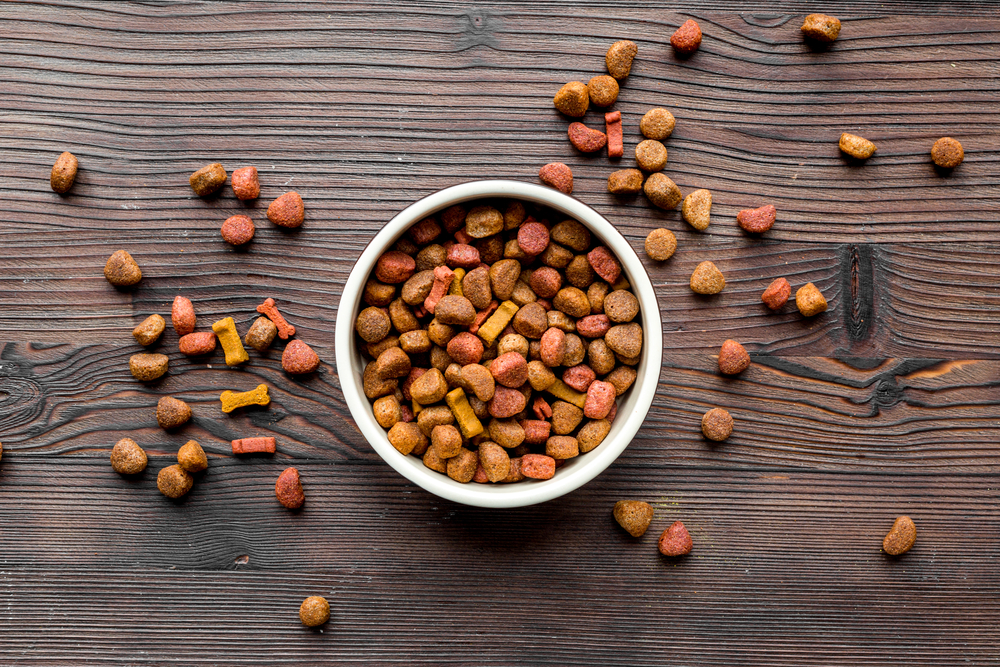Key Nutritional Components for Selecting the Best Dog Food
Selecting the right dog food involves understanding key ingredients like high-quality proteins, wholesome grains, healthy fats, and beneficial fruits and vegetables. These components promote your dog's health, energy, and longevity. Prioritize foods with clear source information and avoid fillers and toxic ingredients for optimal well-being.

Key Nutritional Components for Selecting the Best Dog Food
The health and longevity of our pets greatly depend on their diet, just as it does for humans. Pet owners should prioritize foods that supply vital nutrients to support overall wellness. Choosing dog food with essential ingredients can help prevent health issues, boost brain function, improve coat shine, and ensure restful sleep. Here are the main nutritional elements to evaluate when selecting high-quality dog food.
Animal-Based Protein Sources
Quality animal proteins are crucial, as dogs digest these proteins easily. Adequate protein intake helps control weight, provides necessary vitamins and minerals, and supports healthy muscles and joints throughout life.
When choosing pet food, check the meat sources—like chicken, beef, or lamb—and ensure meat and organ meats are listed as primary ingredients. Trusted brands typically specify ingredient origins and quality standards.
Complex Carbohydrates and Grains
Carbohydrates provide energy and facilitate digestion. Opt for foods that include wholesome sources such as rice, oats, and peas instead of fillers like soy, corn, or wheat, which can cause sensitivities in some dogs.
Beneficial Fats
Healthy fats, including omega-3 and omega-6 fatty acids from fish oils, flaxseed, coconut oil, and chicken fat, are vital for cell health, nutrient absorption, digestion, and a shiny coat. Incorporating these fats enhances your pet’s overall health.
Fruits and Vegetables
Though optional, fruits and vegetables supply essential vitamins, minerals, and fiber supporting weight management and disease prevention such as anal gland issues. Suitable options include carrots, green beans, and apples, but avoid toxic items like onions, garlic, grapes, cherries, and mushrooms.


